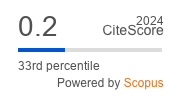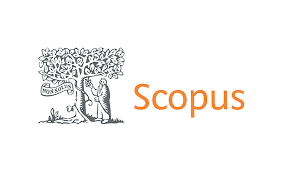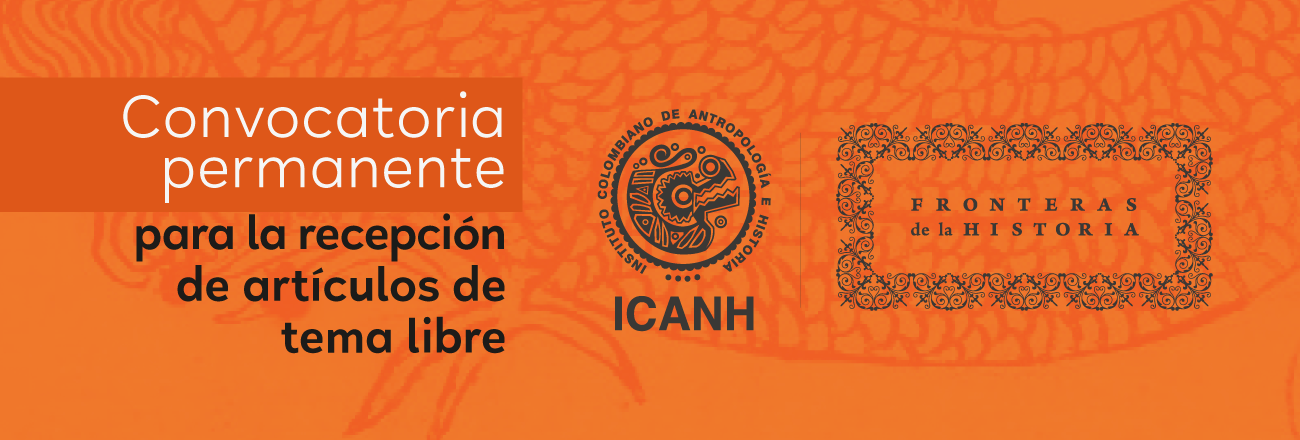Español The men of knowledge of Indians and Christians in the sermons of Francisco de Ávila (Lima, 17th century)
Abstract
The analysis of the sermons of the Tratado de los Evangelios by the Cuzco priest Francisco de Ávila allows us to problematize the conception and characterization of the literary man beyond its political role within colonial knowledge as ecclesiastical institutions defined from the relationship with the indigenous populations. Avila incorporates the epistemological dimension into the narrative of the political and value-based justification of the Hispanic conquest of the Incas and he introduces the subjects of knowledge and their knowledge as part of the conflict between Indians and Christians. The relationship between knowledge and power that Avila presents are aspects to be discussed about the characteristics of the literate elite in the mid-17th century located as cross-cultural agent on the borderline between the subject of baroque science and the colonial intellectual.
Downloads
References
Acosta, José de (1962): Historia natural y moral de las Indias, México, Fondo de Cultura Económica.
Aranda, F. (2005): Letrados, juristas y burócratas en la España moderna, Cuenca, Ediciones de la Universidad de Castilla-La Mancha.
Auerbach, E. (1998): Figura, Madrid, Editorial Trotta.
Ávila, F. (1648): Tratado de los Evangelios, Lima, Imprenta de Pedro de Cabrera. Disponible en web: https://archive.org/details/tratadodeloseuan00avil [Último acceso 01.05.2022]
Ávila, F. (1936): Ynformacion de vita et moribus del Doctor Francisco de Ávila, fecha en el año de 1607, Revista del Archivo Nacional del Perú, IX, 2, pp. 177-209.
Craciun, D.E. (2019): Adoration of the Magi and Authority of the Medieval King: An Ambiguous Correlation, en F. Sabaté, ed., Ideology in the Middle Ages. Approaches from Southwestern Europe, Amsterdam, Amsterdam University Press, pp. 243-260.
Chinchilla, P. y A. Romano (2008): Escrituras de la modernidad. Los jesuitas entre cultura retórica y cultura científica, México, Universidad Iberoamericana.
Elliott, J.H. (1996): España y su mundo, Madrid, Taurus.
Fernández Terricabras, I. (2002): Universidad y episcopado en el siglo XVI. Las universidades donde estudiaron los obispos de las coronas de Castilla y Aragón (1556-1598), Revista de Historia Moderna, 20, pp. 5-51.
Lozano, J. (1994): El discurso histórico, Madrid, Alianza Editorial.
Maravall, J.A. (1953): La formación de la conciencia estamental de los letrados, Revista de estudios políticos, 70, pp. 53-82.
Marcaida, J. R. (2011): Juan Eusebio Nieremberg y la ciencia del Barroco. Conocimiento y representación de la naturaleza en la España del siglo XVII. Tesis doctoral inédita. Universidad Autónoma de Madrid, Madrid.
Morong, G. y V. Brangier (2019): Los Incas como ejemplo de sujeción. El gobierno del Perú y la escritura etnográfica del oidor de Charcas, Juan de Matienzo (1567). Estudios atacameños, 61, pp. 5-26. https://dx.doi.org/10.4067/S0718-10432019005000102
Mumford, J. R. (2011): Francisco de Toledo, admirador y émulo de la ‘tiranía’ inca, Histórica, XXXV, 2, pp. 45-67.
Mundy, B. E. (2019): Dialogues: Contours of Practice in Colonial Artworks, Latin American and Latinx Visual Culture, 1, 2, pp. 94-98. https://doi.org/10.1525/lavc.2019.120007
Nakládalová, I. (2012): De la ‘varia lección’ a la ‘encyclopaedia’: los ideales de la erudición en la Primera Edad Moderna, Studia aurea: revista de literatura española y teoría literaria del Renacimiento y Siglo de Oro, 6, pp. 1-29.
Pagden, A. (1988): La caída del hombre natural, Madrid, Alianza editorial.
Rappaport, J. y T. Cummins (2016): Más allá de la ciudad letrada: letramientos indígenas en los Andes, Bogotá, Universidad Nacional de Colombia, Universidad del Rosario.
Romano, A. (2012): El libro como instrumento de la construcción de un mundo global: los misioneros y la cultura del escrito, Erebea. Revista de Humanidades y Ciencias Sociales, 2, pp. 109-126. https://doi.org/10.33776/erebea.v2i2.1332
Soto-Zuniga, A. (2019): Using Non-Western Culture, Humanism, and Comparison to Explore the Possible Patron of the Adoration of the Magi, The Undergraduate Historical Journal at UC Merced, 5, 2, pp. 89-102. https://dx.doi.org/10.5070/H352043798
Stradling, R. A. (2002). Philip IV and the Government of Spain, 1621-1665, Cambridge University Press.
Subrahmanyam, S. (2009). The Fate of Empires: Rethinking Mughals, Ottomans and Habsburgs, en Shared Histories of Modernity, Nueva York, Routledge, pp. 74-108.
Taylor, G. (1987): Ritos y tradiciones de Huarochirí del siglo XVII. Manuscrito quechua de comienzos del siglo XVII, Lima, Instituto de Estudios Peruanos/Instituto Francés de Estudios Andinos.
Copyright (c) 2022 Javiera Carmona Jiménez

This work is licensed under a Creative Commons Attribution-NonCommercial-ShareAlike 4.0 International License.

Esta obra está bajo licencia internacional Creative Commons Reconocimiento-NoComercial-CompartirIgual 4.0.









_18.09_.00_1.png)


















